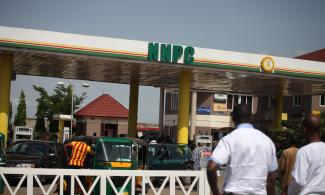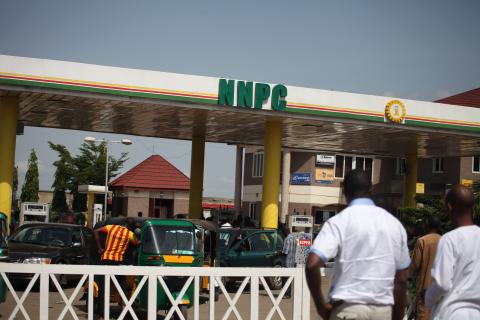
The Nigerian National Petroleum Corporation (NNPC), says it will start cutting the maximum level of sulphur particles in its diesel and gasoline products from the 1st of July.
Chief Operating Officer, NNPC Petroleum and Chemical Plants, Anibor O. Kragha who said this in a presentation he made at the African Refiners Association (ARA) conference added that the Corporation would reduce Sulphur in its diesel imports to 50 parts per million (ppm), from 3,000 ppm by July 1 and reduce that in gasoline to 300 ppm from 1,000 ppm by October.
He added that the Sulphur content in the petroleum products will be further reduced to 150 ppm by October 2019.

The country failed to meet a July 2017 deadline to end importation of ‘dirty fuel’ because of the high cost of bringing in low sulphur product into the country, according to Reuters.
“Cleaner gasoline standards will cost Nigeria US$11.7 million each month to meet the first maximum level of 300 ppm, and the second reduction to 150 ppm will cost US$15.7 million per month. The diesel reduction will cost US$2.8 million monthly.”
The NNPC extended approval for the refineries to standardize the production of low sulphur fuel by one more year, from 2020 to 2021.
The United Nations Environmental Program (UNEP), has been campaigning for developing countries to place a ban on the importation of dirty fuel from Europe.
Developed and Western countries have long banned the importation of fuel with sulphur particles above 10 PPM.
In 2016, Ghana, Togo, Benin Republic, Ivory Coast and Nigeria had vowed to end the importation of what environmentalists describe as ‘Dirty fuel’ from Europe. Nigeria imports 60% of West Africa’s fuel consumption.
Since the price of gasoline remains regulated, subsidy payments to NNPC will increase, while the cost of diesel is expected to rise as the commodity is deregulated.